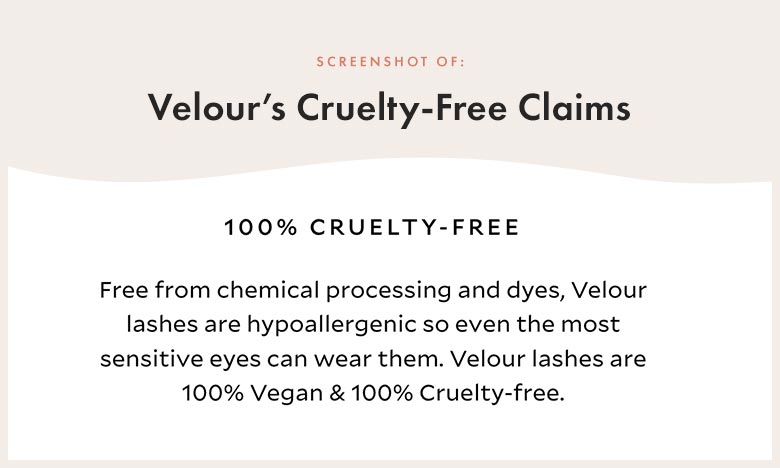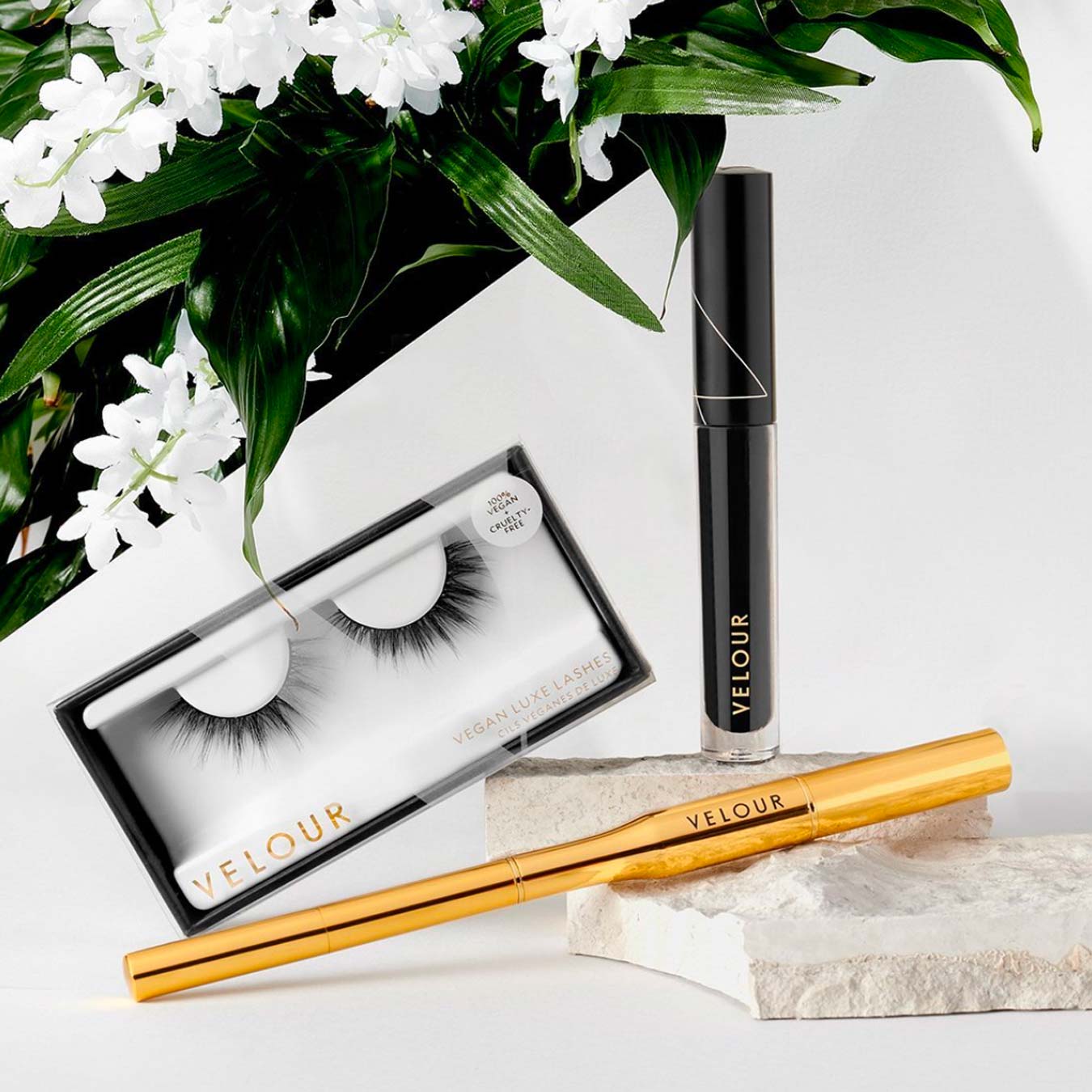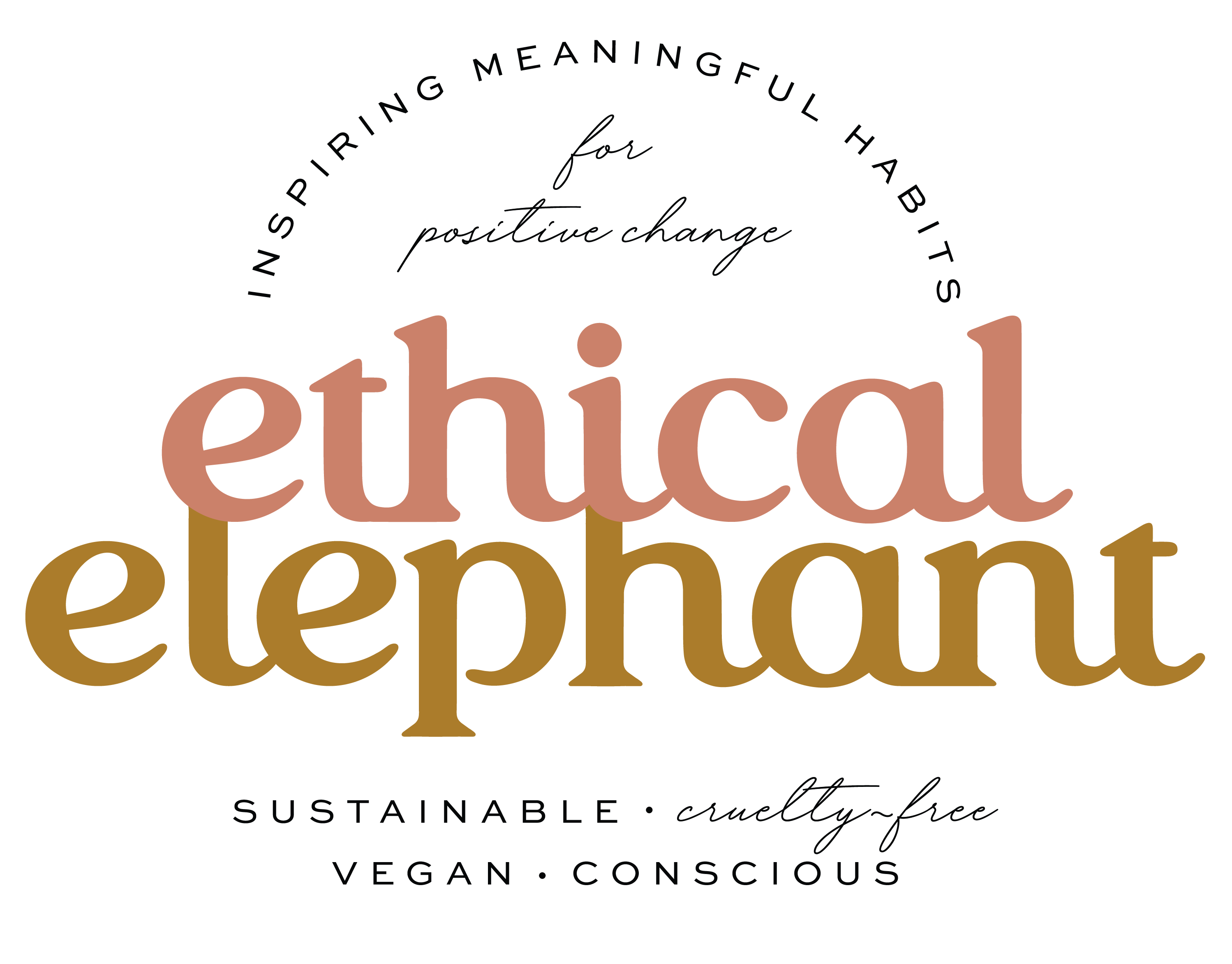This post may contain affiliate links that at no additional cost to you, I may earn a small commission.
You can find Velour’s cruelty-free products at velourbeauty.com, Ulta, Sephora, and Beautylish.
*Velour no longer sells or produces mink lashes but note that some retailers may still have their mink lashes in stock (I’ve seen some sold on Beautylish and Sephora).
Velour is Cruelty-Free
Velour has confirmed they do not test their products or ingredients on animals or ask others to test on their behalf. Their suppliers also do not test on animals, nor do they allow their products to be tested on animals when required by law. And finally, their products are not sold in stores in mainland China or any other country that may require animal testing.
By our standards, we would consider Velour to be Cruelty-Free.
Below is a screenshot of what’s currently stated on Velour’s website about its animal testing policy:

What About China’s Animal Testing Laws?
Velour Beauty has confirmed they only sell their products online and not in retail stores in mainland China; therefore, they are not required to test on animals.
“We only have an online presence in China through TMall (Sephora) meaning no animal testing needs to be conducted.”
As of May 1, 2021, some imported ordinary cosmetics can be exempt from animal testing under certain conditions. However, for the most part, animal testing is still legally required for most imported cosmetics in 2022.
Cruelty-Free Policies
Note that there is no legal definition for the label ‘Cruelty-Free.’ It can mean different things to different people. But Cruelty-Free is generally used to imply no animal testing. More specifically, the ingredients, formulation, or finished product are not tested on animals at any stage of product development.
At ethical elephant, we always assess a company’s cruelty-free policy using our Cruelty-Free Checklist. This ensures no animal testing was performed by the brand itself, its suppliers, and by any third parties.
Also, note that Cruelty-Free and Vegan don’t always mean the same thing.
Velour is 100% Vegan
The brand announced it stopped producing and selling mink lashes in 2020 and fully transitioned to only mink-free lashes in 2021. Velour has confirmed ALL of its products are now vegan and don’t contain any animal-derived ingredients or by-products.
In an email response, Velour told me:
“Our products are now all officially vegan since we no longer use mink.”
Vegan Policies
Similar to ‘Cruelty-Free,’ there is no standard or legal definition for the label ‘Vegan.’ But it’s usually used in the context to describe something that doesn’t contain any animal-derived ingredients or animal by-products.
Some common animal products used in cosmetics include carmine, lanolin, snail mucus, beeswax, honey, pearl or silk-derived ingredients, animal-based glycerin, keratin, and squalene.
There are plant-based and synthetic alternatives to animal-derived ingredients. But it’s sometimes difficult to know with certainty whether a product is vegan just by reading the ingredient list.
So it’s best to ask the company and manufacturers to ensure the ingredients they’ve chosen to use were from non-animal sources.
Where are Velour’s products made?
I asked Velour where their products are manufactured and they told me:
“Our products are sourced globally where we look for suppliers who can produce items to the highest of Velour Beauty’s standards. Our lashes are handmade at various suppliers in Asia, our lash adhesive & Fluff’N Brow Pencil is made in Korea and our Lash & Go and Lash Clean are both made in Canada.”
*Note: Cosmetics made in China are not required to be tested on animals. Only cosmetics that are imported and sold in physical stores in mainland China are required to be tested on animals according to China’s animal testing laws.
Ethical Mica Mining Policy
Mica is a mineral that’s used in cosmetics to add a shimmery effect. But the mining of natural mica has been linked to child labor and human rights violations.
Unless the company discloses its mica mining policy, we have no way of knowing whether its mica is ethically sourced without child or forced labor.
So I asked Velour if their mica is ethically sourced without the use of child labor and they responded by stating,
“We do require documentation from our vendors that ensure ethical sourcing of mica and confirmation it does not involve child labour.”
I hope this article helped you to understand Velour’s cruelty-free and vegan status and by choosing cruelty-free together, we can help end animal testing for cosmetics once and for all!







